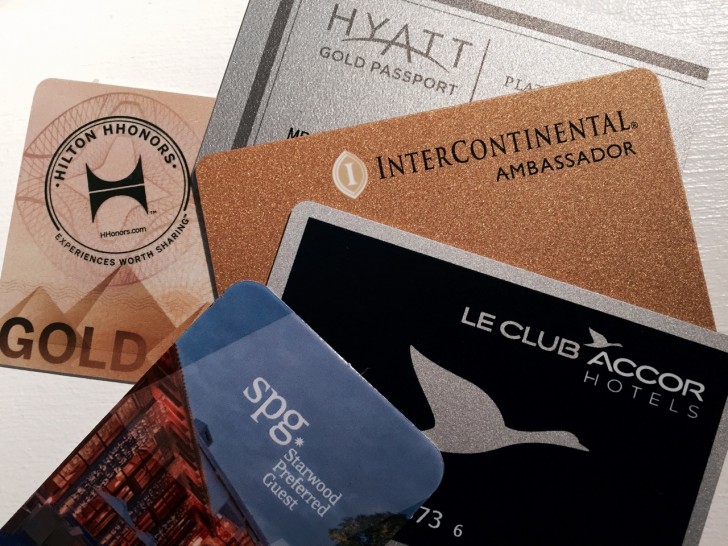Being an experienced entrepreneur himself, Tyler T. Tysdal knows the inherent difficulties of being a business owner. There are countless pitfalls that could end up costing the company a lot. On that note, here are the most common entrepreneurial mistakes:

Late product developments
Many business owners put in too much time and effort into developing their product only to find out that it holds very little appeal to their target market. It’s much more effective to have a prototype in order to gauge target market reaction.
Not hearing the consumers
There are times where, out of excess belief in their products, eagerness and pride get the better of business owners. When this happens, they ignore consumer feedback. This has been the downfall of many businesses in the past. Customer feedback should always be a key metric in a business’s progress.
Slashing prices
The problem with slashing prices or offering discounts early on is that it’s oftentimes not sustainable. And when the business shifts back to their original prices, many consumers find them not worth their money.

Depending on family and friends
It’s always nice to have family and friends purchase products from your business, Tyler T. Tysdal notes. However, the mistake here is that entrepreneurs feel like having people of close relation as the client base would not reflect the real potential of one’s business. Veteran business owners sometimes “use” family and friends to market the business instead, which is much more effective.
Tyler T. Tysdal is both a private equity and real estate investor who sees a lot of promise in the hospitality industry. Mr. Tysdal is also a recognized leader in conscious capitalism and believes in the need for businesses to aspire for a positive social impact. Learn more about Tyler T. Tysdal, his work, and his advocacies when you visit this blog.









